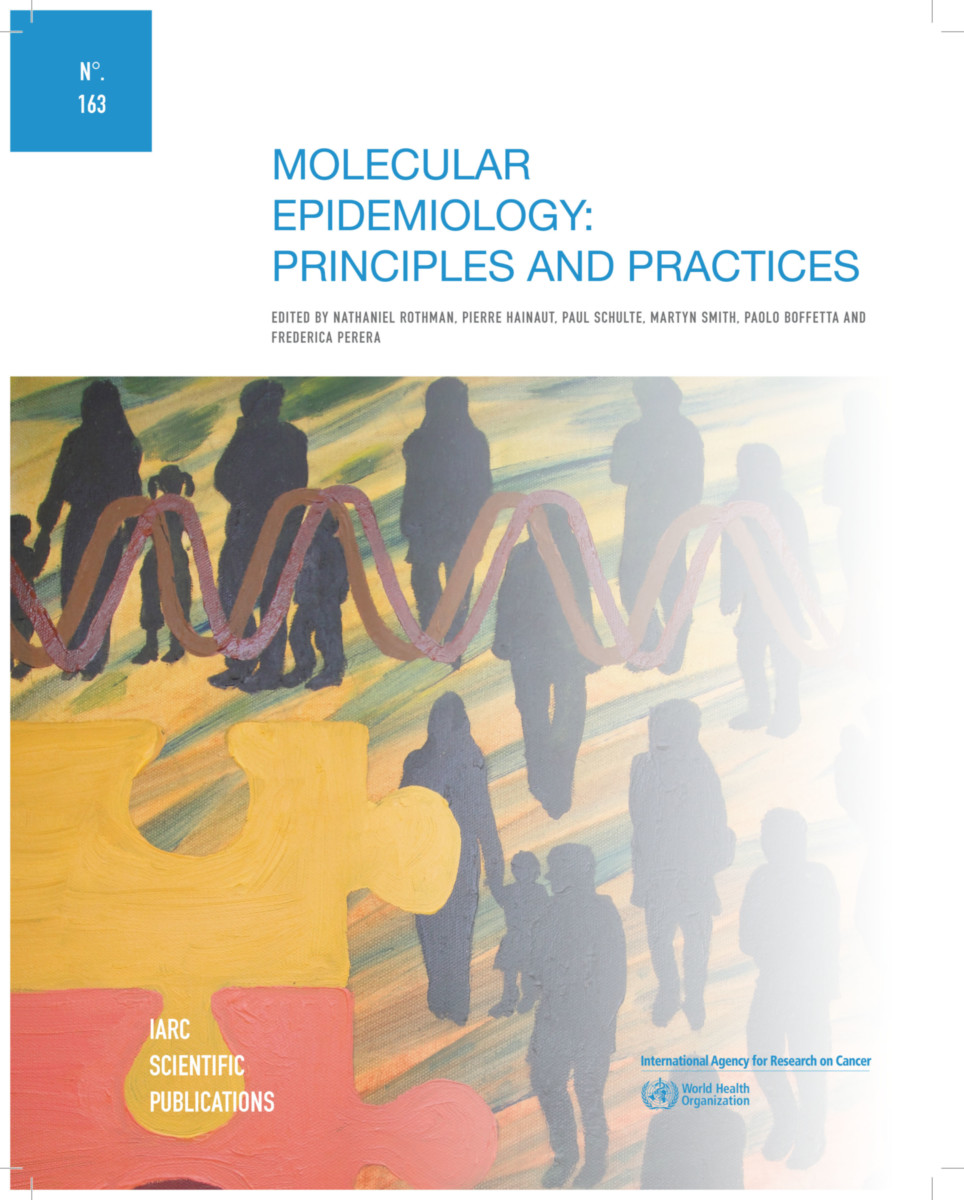- Publisher
World Health Organization - Published
28th August 2012 - ISBN 9789283221630
- Language English
- Pages 522 pp.
- Size 6.25" x 9.25"
Molecular epidemiology has taken advantage of the emergence of technological advances collectively identified as "-omics" (genomics, transcriptomics, proteomic, metabonomics) and their usage in epidemiological studies has heralded a revolution in the design implementation, and interpretation of studies on disease causation. Not the least, molecular epidemiology has brought together scientists of all disciplines to interact into very large, often multi-national networks, fostering consortia that have the size and power to address diseases as a global challenge.
This book captures these fascinating developments and provides an extended, forward-looking vision of the principles, practice and impact of molecular epidemiology. Written and coordinated by world leaders in the field, the book covers, in a systematic way, the major conceptual advances, with a strong emphasis on study design and on how to incorporate biomarker studies into epidemiology practice. While providing a cornerstone for specialists, the book is also a teaching and training manual for public health, biology and medical students at the undergraduate, graduate, and post-graduate levels. With its strong insistence on interdisciplinarity and its focus on translating complex concepts into information that can be shared across the borders of scientific disciplines, the book will be a door-opener for researchers whose work is being attracted by the potent magnet of molecular epidemiology.
International Agency for Research on Cancer
The International Agency for Research on Cancer (IARC) is part of the World Health Organization. IARC's mission is to coordinate and conduct research on the causes of human cancer, the mechanisms of carcinogenesis, and to develop scientific strategies for cancer control. The Agency is involved in both epidemiological and laboratory research and disseminates scientific information through publications, meetings, courses, and fellowships.


